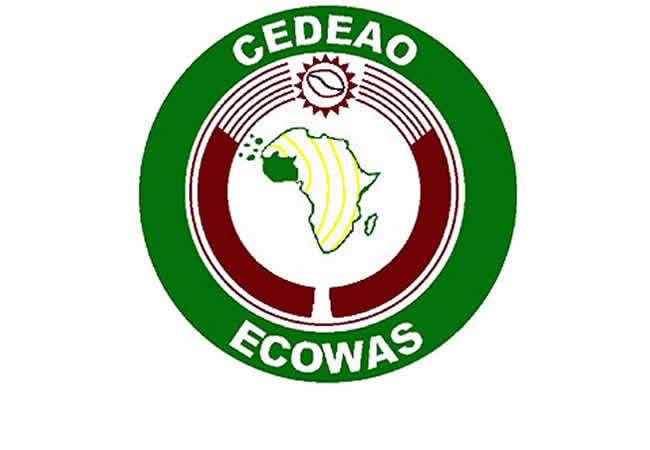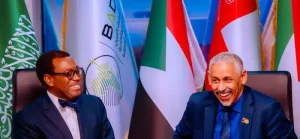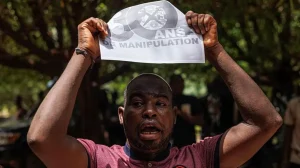
As the January 29, 2025, deadline approaches for Niger, Mali, and Burkina Faso to formalize their withdrawal from the Economic Community of West African States (ECOWAS), the regional bloc is making a last-ditch effort to engage with the three junta-led nations.
The Head of Communication at the ECOWAS Commission, Joel Ahofodji, confirmed that letters requesting meetings have been sent to the respective governments. “ECOWAS has sent letters requesting meetings. We are awaiting official responses from the countries,” Ahofodji stated on Monday. However, he noted that none of the withdrawing nations had reached out to reconsider their decision.
The withdrawal process follows the expiration of the mandatory one-year notice period required by Article 91 of the Revised ECOWAS Treaty. While the bloc had initially declared a six-month transitional period, ending July 29, 2025, to finalize exit protocols and allow room for dialogue, efforts to reverse the decision remain uncertain.
During its 66th Ordinary Session in December 2024, ECOWAS Commission President Dr. Omar Touray reaffirmed the bloc’s openness to continued engagement with Niger, Mali, and Burkina Faso. He also extended the mediation mandates of Senegalese President Bassirou Faye and Togolese President Faure Gnassingbé to facilitate discussions with the three nations.
The withdrawal comes amid accusations by the departing states that ECOWAS has deviated from its founding principles and succumbed to external pressures, particularly regarding sanctions imposed after military coups in their respective countries. In response, the three nations have formed the Alliance of Sahel States (AES), focusing on defense and mutual cooperation while distancing themselves from traditional Western allies, such as France, and strengthening ties with Russia.
The European Union (EU) has urged ECOWAS to reconsider its approach toward the withdrawing countries. Speaking in Abuja on Monday, the Head of the EU Delegation to Nigeria and ECOWAS, Ambassador Gautier Mignot, expressed regret over the impending exit, emphasizing that regional integration remains crucial for stability and prosperity.
“It is a decision that we regret because we strongly support West African integration. Splitting does not seem to us a good idea,” Mignot said, drawing comparisons to the EU’s experience with Brexit. He emphasized the importance of ongoing dialogue and cooperation, even after formal withdrawal.
Despite the geopolitical shift, the EU has continued providing humanitarian aid and adjusting development cooperation strategies to support local populations in the Sahel, given the region’s escalating security and humanitarian crises.
As ECOWAS navigates this unprecedented withdrawal, Nigerian President Bola Tinubu, who chairs the bloc, has reiterated his commitment to pursuing diplomatic solutions while ensuring the well-being of citizens across the region. The coming days will be crucial in determining whether ECOWAS can salvage relations with the departing nations or brace for a new regional order in West Africa.








